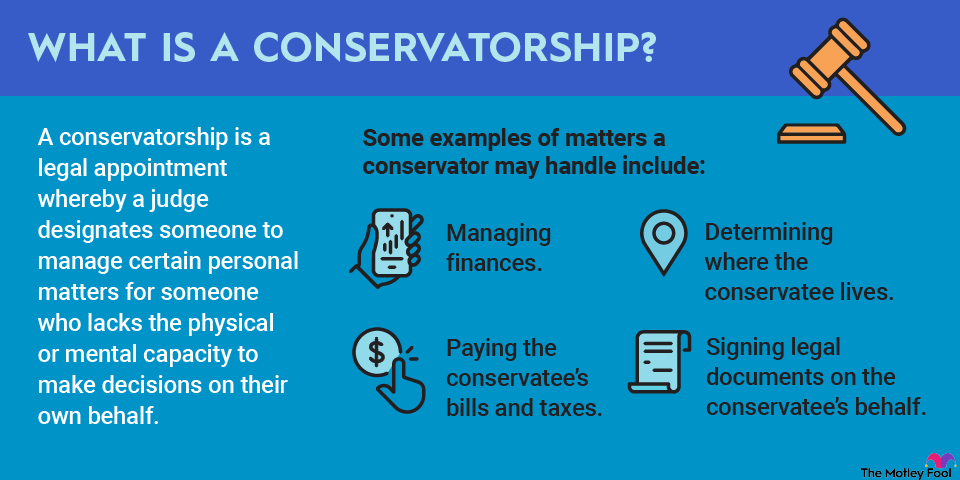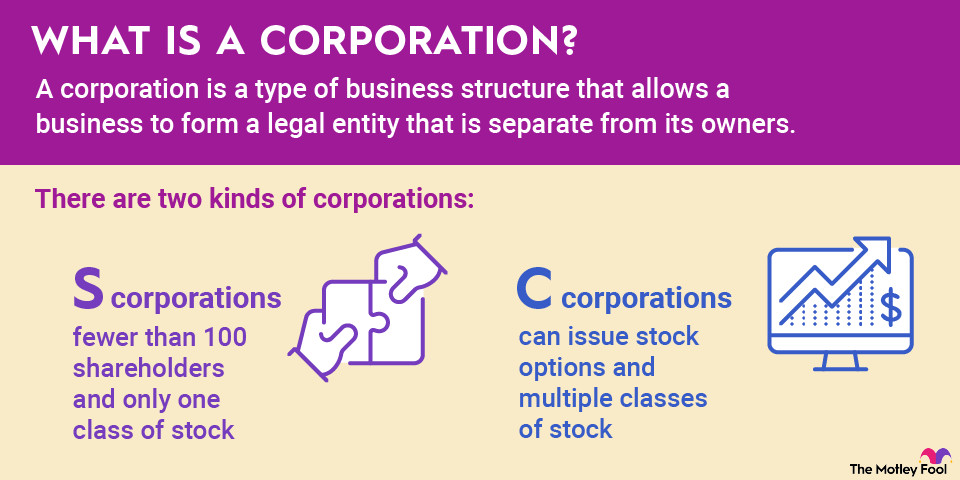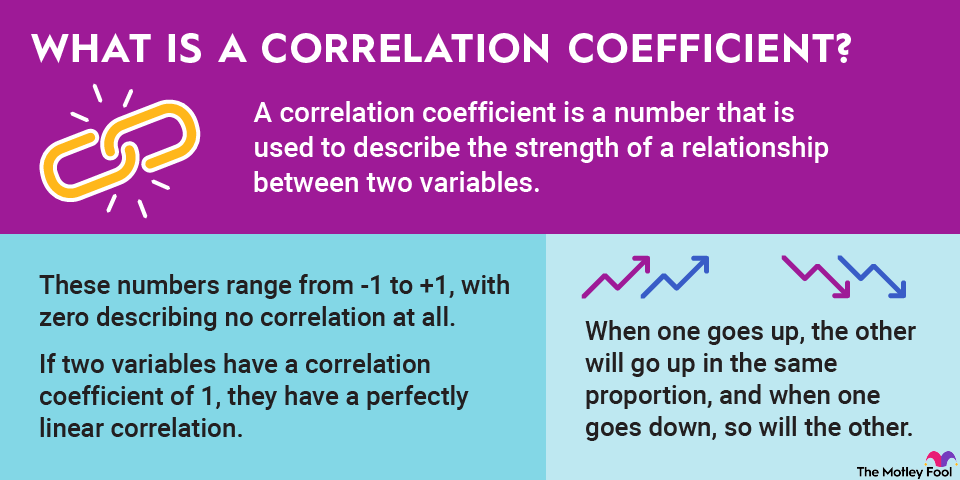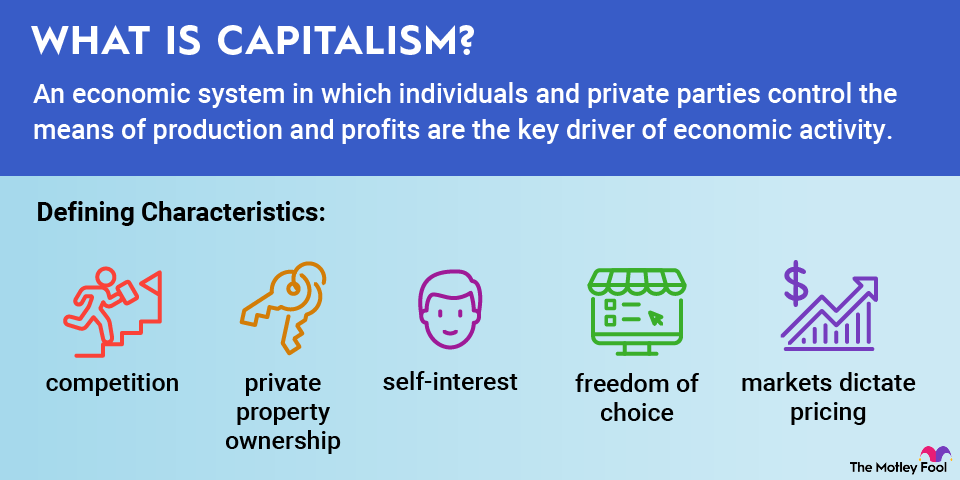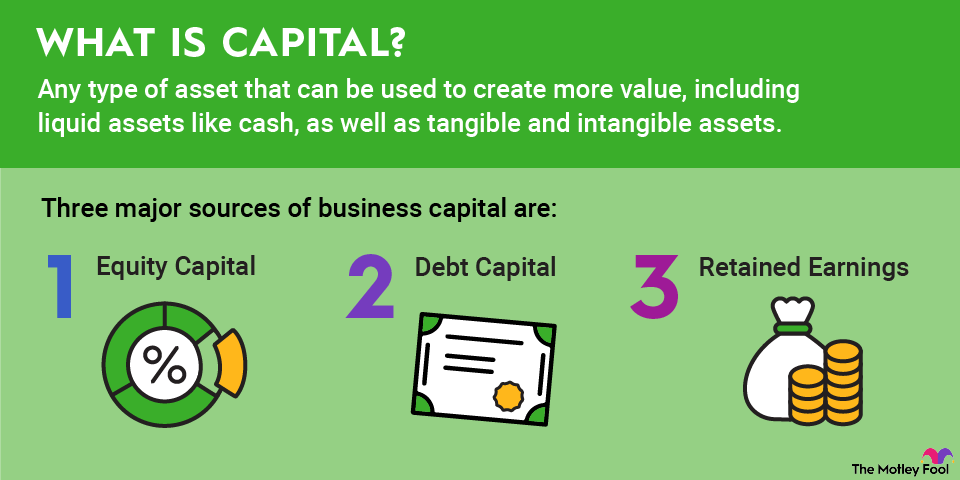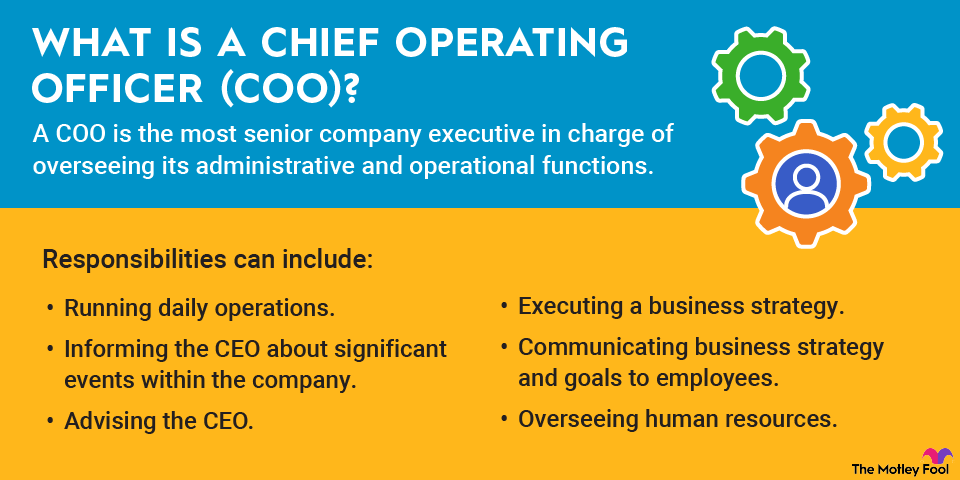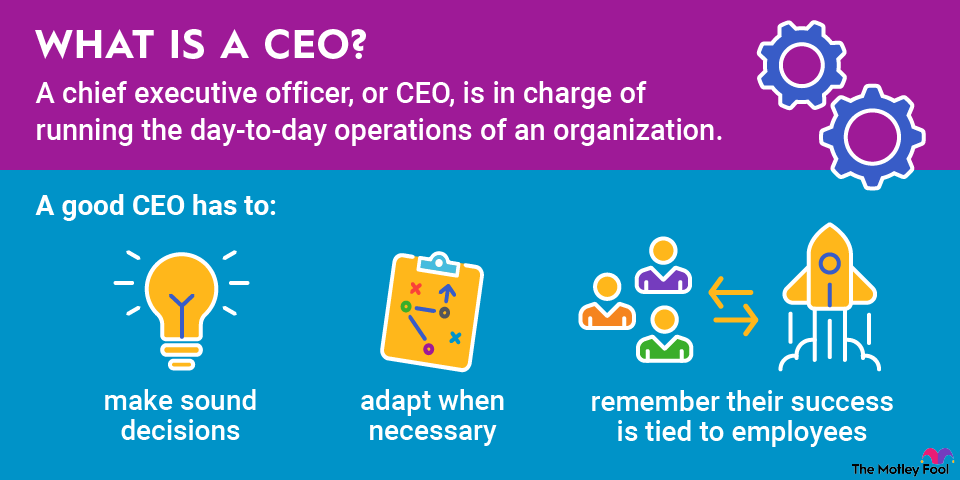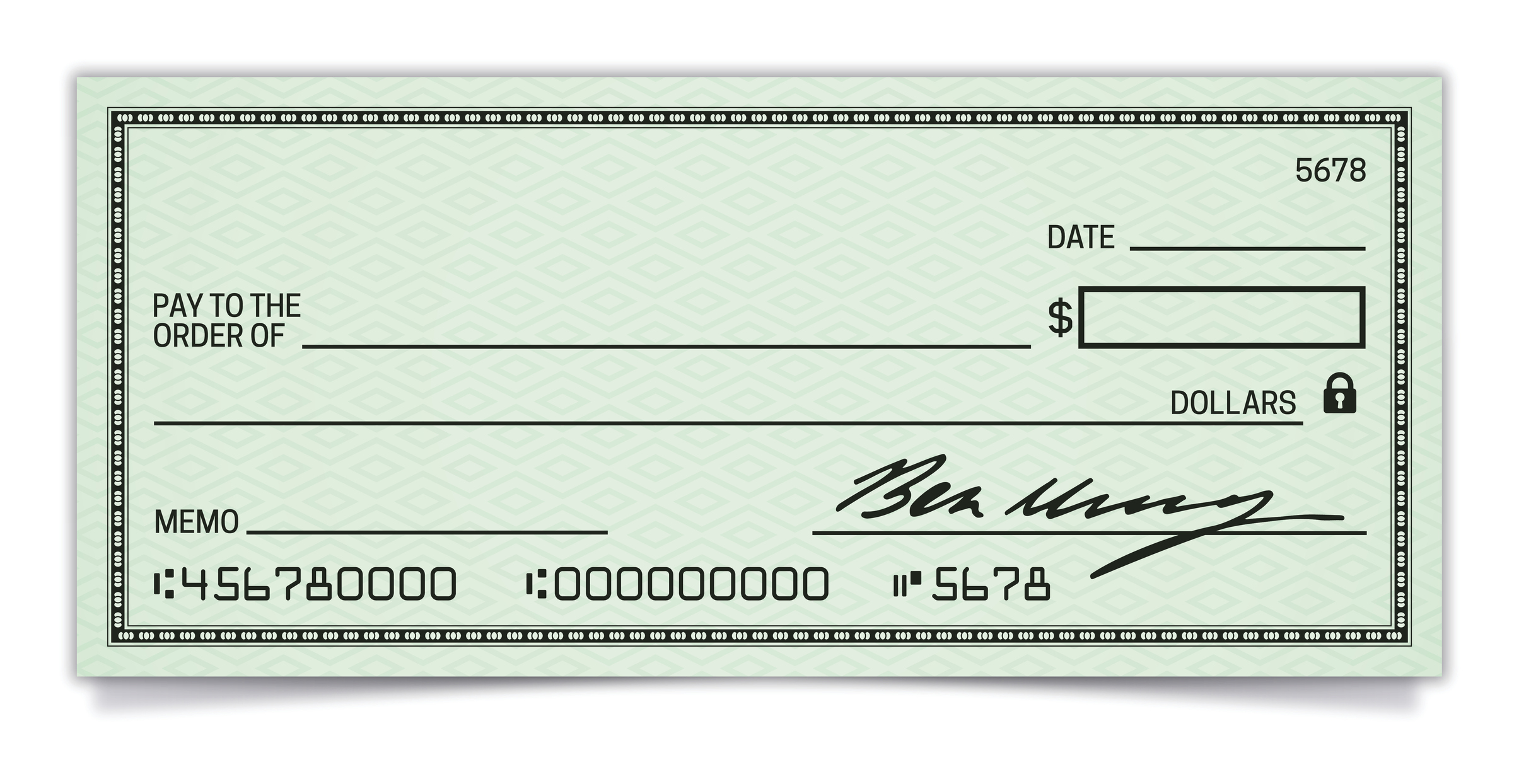Chartered financial analyst is a designation offered to investment and financial professionals after completing a series of exams through the CFA Institute. Candidates must pass three levels of exams in sequential order, all of which have a high failure rate. If someone holds a CFA charter, they can put those three letters after their name to show they’ve built a strong foundation in advanced investment analysis and portfolio management.

Chartered financial analyst defined
A chartered financial analyst is someone who holds a CFA charter through the CFA Institute. That means they’ve passed all three levels of the CFA exams. Additionally, CFAs are required to either complete a bachelor’s degree or have at least 4,000 hours of relevant work experience within 36 months.
The CFA exams are designed for candidates to demonstrate mastery of ethical standards, corporate finance, financial reporting, quantitative analysis, economics, portfolio management, and an understanding of several asset classes. That sets them up for success in many corporate finance jobs, such as research analyst, corporate financial analyst, risk analyst, credit analyst, or portfolio manager.
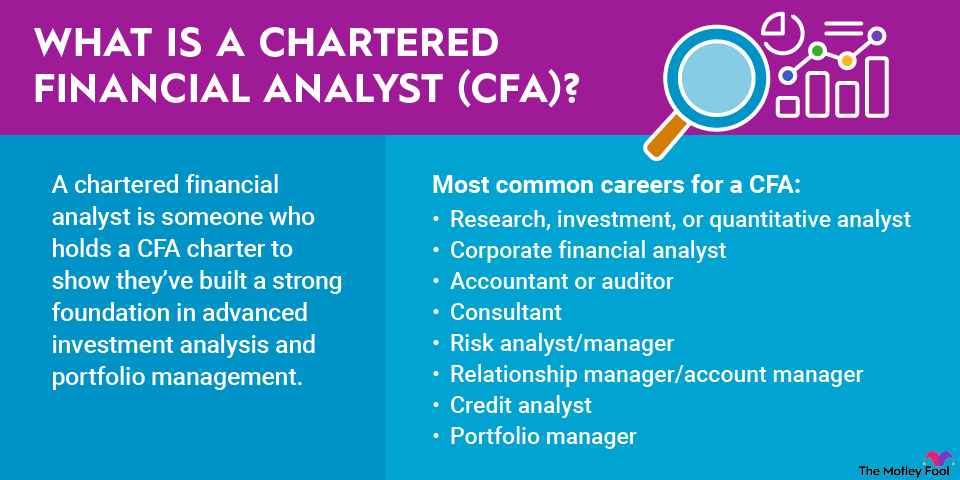
The three CFA exams
The CFA Institute recommends candidates study at least 300 hours for each level exam, with each exam covering different topics in different formats. Each exam costs $1,200, although early enrollees can get a discount of $300. Candidates must also pay a one-time enrollment fee of $350.
The Level I exam is offered four times per year. Levels II and III are offered twice yearly.
The Level I exam is a 180-question multiple-choice test that covers the entire CFA curriculum. The exam focuses more heavily on ethical standards and analytical tools than Levels II and III. 41% of candidates passed the exam in the last 10 years.
The Level II exam consists of 22 item sets composed of vignettes with 88 multiple-choice questions. The questions are fairly evenly distributed across the curriculum. 45% of candidates who made it to Level II passed the exam in the last 10 years.
The Level III exam includes 11 essays and 11 item sets with accompanying multiple-choice questions. The exam is much more heavily weighted toward portfolio management and wealth planning than the other exams. Of candidates who made it to Level III, 52% passed the exam in the last 10 years.
The CFA Institute recommends candidates study at least 300 hours for each of the three level exams.
Typical careers for a Chartered Financial Analyst
A chartered financial analyst may pursue any number of career paths after acquiring the designation. When the CFA Institute conducted a survey of its candidates in 2019, it found the most common careers were:
- Research analyst, investment analyst, or quantitative analyst (13%).
- Corporate financial analyst (9%).
- Accountant or auditor (8%).
- Consultant (7%).
- Risk analyst/manager (5%).
- Relationship manager/account manager (5%).
- Credit analyst (5%).
- Portfolio manager (5%).
While a CFA isn’t necessary for those positions, it can certainly help secure the job and potentially increase compensation.
Related investing topics
Pros and cons of pursuing a CFA
If you’re interested in becoming a CFA charter holder, you should consider what you stand to gain versus what you could lose: the pros and cons.
Pros
- More potential career opportunities or higher salary.
- A well-rounded self-education in financial analysis, economics, and professional ethics that costs less than an MBA or similar post-graduate degree.
- The designation lends greater credibility to your work.
Cons
- Time intensive: 1,000 hours of studying over three to four years.
- The high failure rate means you could do a lot of work and spend a lot of money for nothing.
If you think the risk is worth it to advance your career, you can bet on yourself and start toward the first CFA exam.
